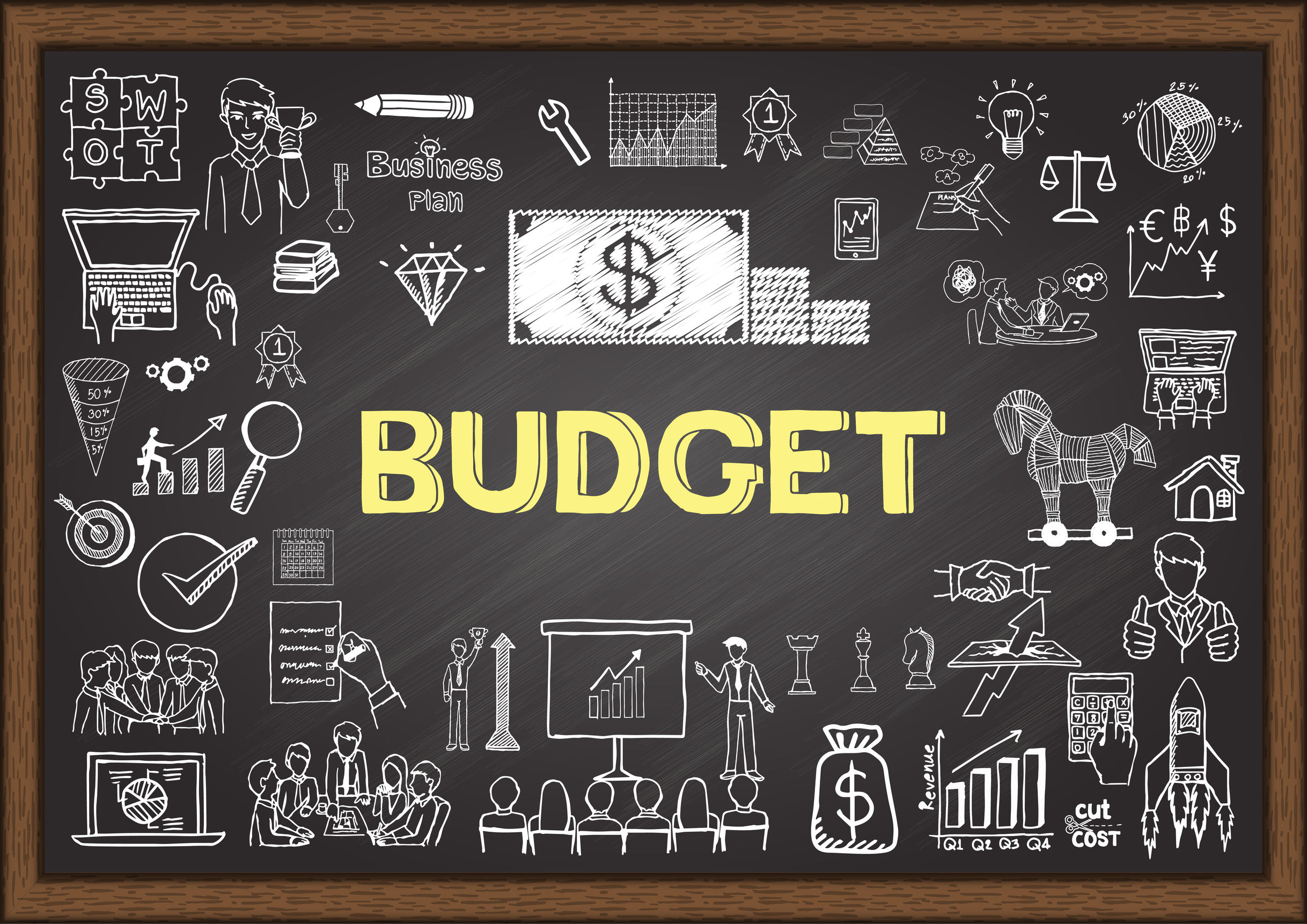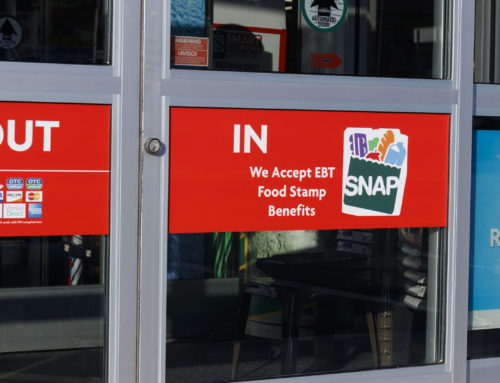When you experience a sudden shock to your financial security, it’s important to stop, breathe, and begin assessing your spending habits. A loss of income means that expenses must be reduced, and that means sticking to a family budget.
Unfortunately, many people simply don’t know how to develop a budget that clearly differentiates between needs and desires.
In this section, we’ll explore the basics of budgeting and help you better understand how to cut costs when you’ve been furloughed or laid off.
What is a budget?
According to personal finance guru Dave Ramsey, “A budget is just a plan. It’s not a restriction on spending—it’s a plan for what you’ll do with your money. It’s a plan for what’s coming in and what’s going out. When you budget every month, you’re giving your money purpose. You’re taking control.”
When you develop a budget, you’re simply accounting for the planned inflows and outflows of cash each month. In order to get ahead, the income you generate needs to exceed the expenses you incur. It’s as simple as that.
Of course, when you’ve gone through the shock of losing a large part of your income, it’s necessary to adjust your budget and reduce whatever expenses you can.
Stabilizing Your Income
If you’re like most Americans, there’s a good chance that you don’t necessarily have robust savings to fall back on in times of crisis. In these instances, it’s important to use every resource at your disposal to maximize the income you are able to generate.
First and foremost, make sure you’ve filed for unemployment insurance in the state where you work. Unemployment insurance is a program funded by payroll taxes paid by employers and administered by state governments, with oversight by the U.S. Department of Labor.
The basic program in most states provides up to 26 weeks of benefits to unemployed workers, replacing about half of their previous wages, on average.
Identify Your Necessary Basic Needs
When creating a family budget, the most important step is to identify wants vs. needs. When times are good, it’s easy to confuse the two. You may feel that you need that extra NFL package for your viewing pleasure, but do you really?
While everyone is different, most of our basic necessities are the same. We need food, shelter, transportation, and healthcare. These are the things we need to keep us and our families alive.
The Economic Policy Institute recently developed a helpful family budget calculator that can show you the income a family needs in order to attain a modest yet adequate standard of living in their particular city.
Identify Your Desired Needs
Here’s where things get tough. As Americans, we often classify things as needs, when they’re really “nice-to-haves.” When we’re talking about things like childcare. In normal times, do you need childcare? Absolutely. However, in times of crisis, is professional childcare an absolute necessity? Not really. There are emergency options we can draw on, like asking extended family to help out with the children. Other things that fall into this category include television, high-speed internet, and smartphones.
Identify Your Discretionary Expenses
Now that you’ve identified and budgeted for your necessary expenses and called out your desired needs, it’s time to focus on the discretionary items. In times of crisis, this is, well, just about everything else. That movie you wanted to go see? Discretionary. Those new yoga pants you’ve had your eye on? Yep, that’s discretionary too.
When you’ve just lost your job and are struggling financially, it’s generally advisable to cut discretionary expenses to the bone. As your situation improves, you can generally loosen the restrictions and allow yourself to enjoy more of these “nice to have” items.
Cutting the proverbial fat from your budget can be painful at first, but eventually, you’ll get used to the change in lifestyle. Soon enough, you’ll begin to reap the benefits of your new and improved fiscally-responsible habits.







Leave A Comment